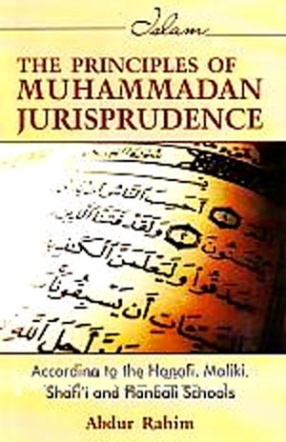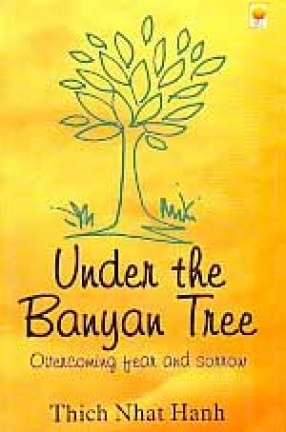In modem times the most significant contribution to the subject has been made by the late Sir Abdur Rahim. He was once President of the Indian Legislative Assembly. Later he went over to Pakistan. At the invitation of the University of Calcutta, while he was a judge at the High Court of Madras, he gave a series of lectures which were subsequently published under the title Principles of Muhammadan Jurisprudence. He has made a little innovation in this field. He has dealt with the subject as discussed in the old books on the principles of jurisprudence and he has dilated upon the new books on philosophy and law published in recent times in Europe. He has tried to compare the two, i.e. the Islamic and the European principles of jurisprudence.
Sir Abdur Rahim's Muhammadan Jurisprudence opens a new chapter in our study of the classical books on the subject. For we come across a few factors which are not to be found in the old books. For example, the first question raised in the old books relates to the sources of law. The answer would be the Qur'an, the Hadith, consensus and personal reasoning. They would not deal with subjects or categories such as worship, worldly matters like criminal law and the law of inheritance, constitutional and commercial law, etc. Our classical books on jurisprudence do not take into account of these categories, Sir Abdur Rahim has treated legal subjects in the manner they are treated in modem legal works. It is his achievement that has combined the classical and modern learning in his comparative work.





There are no reviews yet.